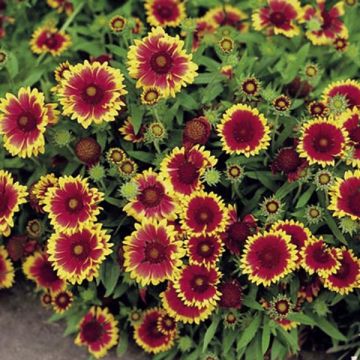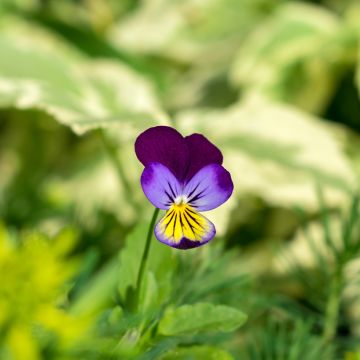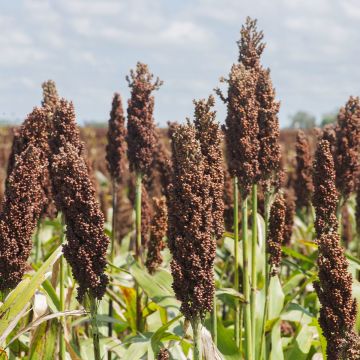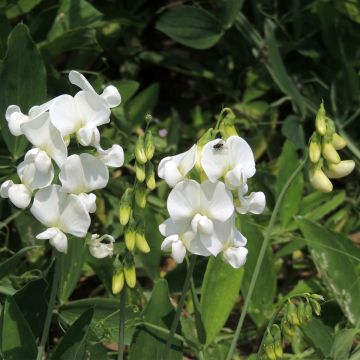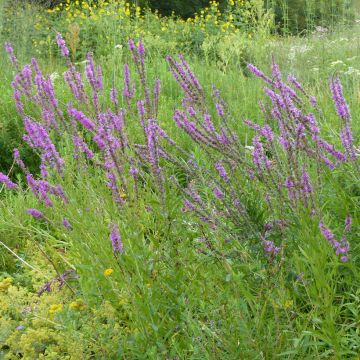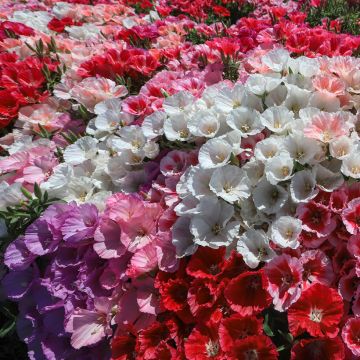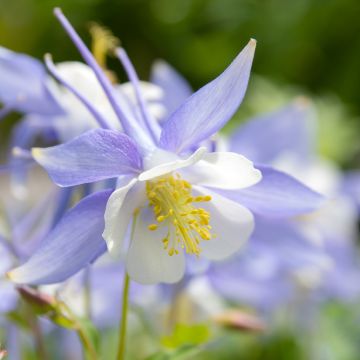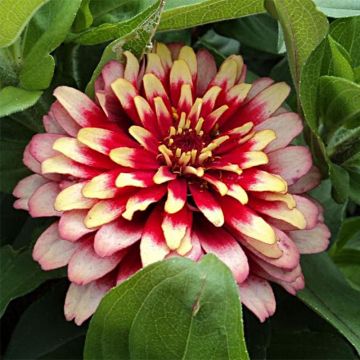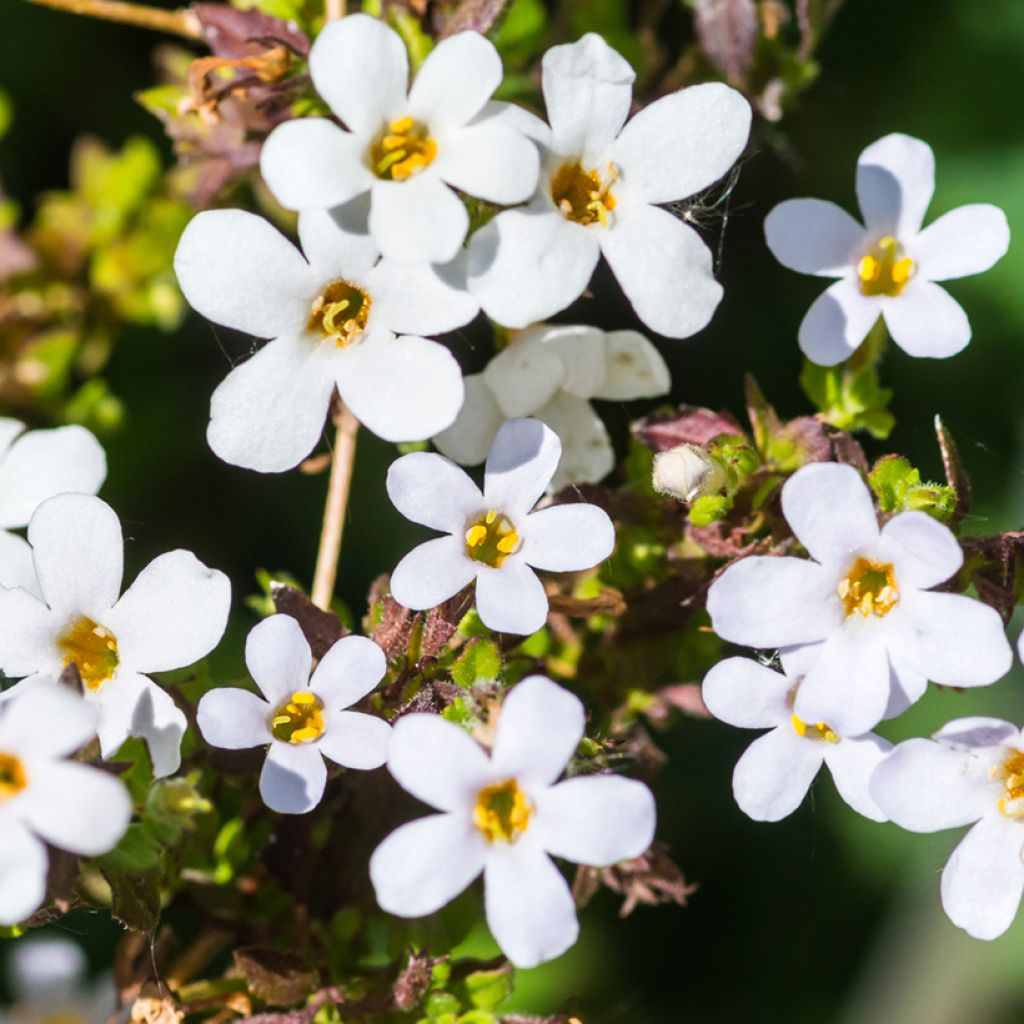

Bacopa cordata Snowtopia White
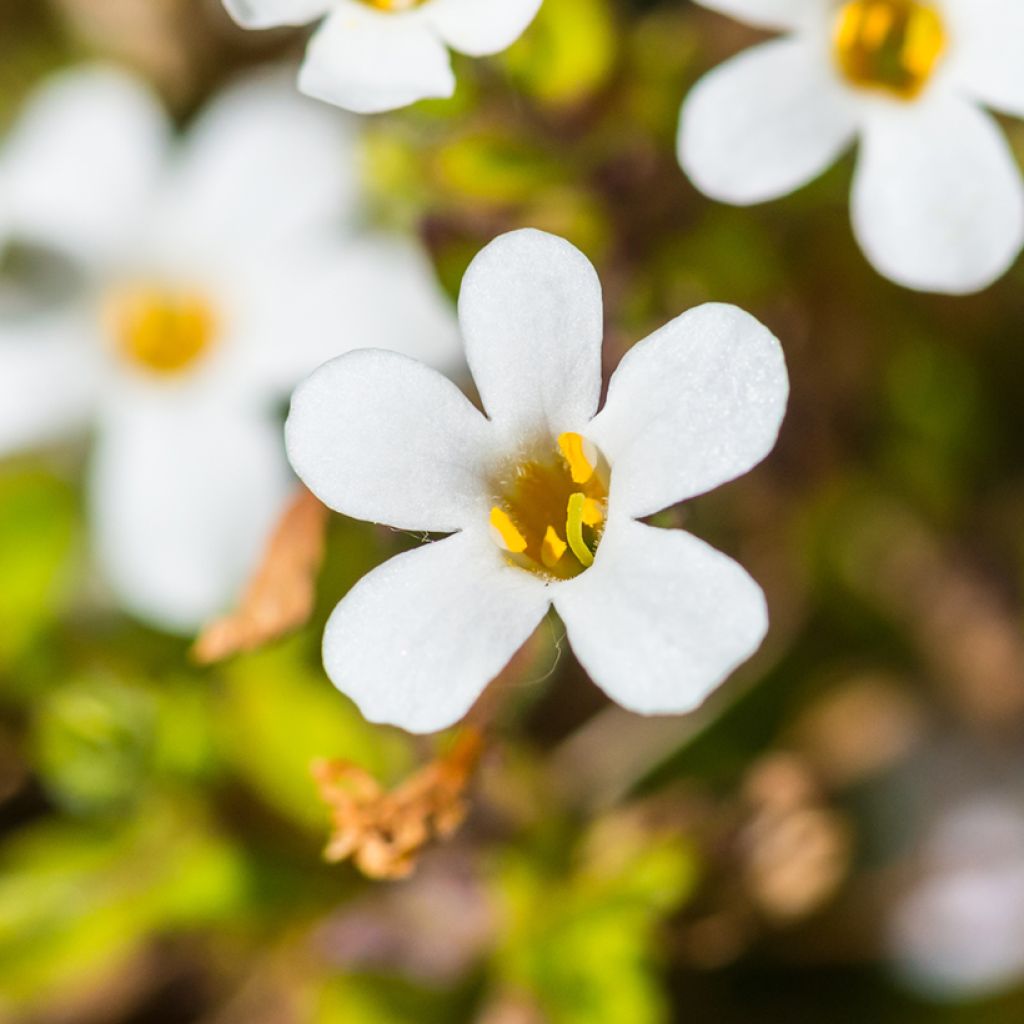

Bacopa cordata Snowtopia White
Bacopa cordata Snowtopia White
Bacopa cordata Snowtopia White
Special offer!
Receive a €20 voucher for any order over €90 (excluding delivery costs, credit notes, and plastic-free options)!
1- Add your favorite plants to your cart.
2- Once you have reached €90, confirm your order (you can even choose the delivery date!).
3- As soon as your order is shipped, you will receive an email containing your voucher code, valid for 3 months (90 days).
Your voucher is unique and can only be used once, for any order with a minimum value of €20, excluding delivery costs.
Can be combined with other current offers, non-divisible and non-refundable.
Home or relay delivery (depending on size and destination)
Schedule delivery date,
and select date in basket
This plant carries a 6 months recovery warranty
More information
We guarantee the quality of our plants for a full growing cycle, and will replace at our expense any plant that fails to recover under normal climatic and planting conditions.
Would this plant suit my garden?
Set up your Plantfit profile →
Description
Bacopa Snowtopia White, also known as Sutera cordata, is an annual plant that blooms profusely, brightening up a large part of the summer with its charming small white flowers covering its elongated and spreading stems. It thrives in sun or partial shade, and its semi-trailing habit makes it ideal for hanging baskets.
Bacopas have woody stems that spread all around the base, quickly forming a fairly bushy plant. On these stems, small green leaves measuring approximately 1.5 cm (1in) are arranged in pairs with toothed edges, creating a backdrop to showcase the numerous flowers of almost identical size. These flowers, generously scattered along the length of the stems, have a tubular base and open up into corollas composed of five rounded lobes. Their yellow stamens discreetly appear in the centre, giving them a miniature appearance. Thanks to their silhouette, Bacopas easily blend with all balcony plants. They can be placed alongside taller and more slender plants, but they are just as effective when grouped together. Undemanding, they appreciate the sun, as long as they are regularly and moderately watered. However, they can also tolerate partial shade, especially in hot regions. To enjoy their abundant flowering from June to October, don't hesitate to feed them with fertiliser. You can also remove dried stems from below to encourage new growth.
Bacopa Snowtopia White is perfect for brightening up a windowsill or the base of a partially sun-exposed wall. It complements pastel colours and enhances darker shades with its dazzling whiteness.
Report an error about the product description
Bacopa cordata Snowtopia White in pictures


Flowering
Foliage
Plant habit
Botanical data
Bacopa
cordata
Snowtopia White
Schrophulariaceae
Cultivar or hybrid
Other Thompson and Morgan seeds
View all →Planting and care
Bacopa Snowtopia should preferably be sown under shelter in a tray from the month of March. If frost is still persistent in your region, wait until April as the seeds will prefer a temperature close to 20°C (68°F).
Just cover the seeds with a thin layer of substrate that you will keep slightly moist. They will germinate between 5 and 10 days. When the young plants are large enough to be moved, you can separate them and put them in pots if the frost period is not over and keep them warm. Otherwise, you can arrange them in flower boxes or pots. You can gradually acclimate them if the nights are still cool by taking them out of their shelter during the day. They prefer a rich substrate that is not too waterlogged.
To further branch out the Bacopas, you can pinch the tips of the stems to encourage them to divide.
Sowing period
Intended location
This item has not been reviewed yet - be the first to leave a review about it.
Haven't found what you were looking for?
Hardiness is the lowest winter temperature a plant can endure without suffering serious damage or even dying. However, hardiness is affected by location (a sheltered area, such as a patio), protection (winter cover) and soil type (hardiness is improved by well-drained soil).

Photo Sharing Terms & Conditions
In order to encourage gardeners to interact and share their experiences, Promesse de fleurs offers various media enabling content to be uploaded onto its Site - in particular via the ‘Photo sharing’ module.
The User agrees to refrain from:
- Posting any content that is illegal, prejudicial, insulting, racist, inciteful to hatred, revisionist, contrary to public decency, that infringes on privacy or on the privacy rights of third parties, in particular the publicity rights of persons and goods, intellectual property rights, or the right to privacy.
- Submitting content on behalf of a third party;
- Impersonate the identity of a third party and/or publish any personal information about a third party;
In general, the User undertakes to refrain from any unethical behaviour.
All Content (in particular text, comments, files, images, photos, videos, creative works, etc.), which may be subject to property or intellectual property rights, image or other private rights, shall remain the property of the User, subject to the limited rights granted by the terms of the licence granted by Promesse de fleurs as stated below. Users are at liberty to publish or not to publish such Content on the Site, notably via the ‘Photo Sharing’ facility, and accept that this Content shall be made public and freely accessible, notably on the Internet.
Users further acknowledge, undertake to have ,and guarantee that they hold all necessary rights and permissions to publish such material on the Site, in particular with regard to the legislation in force pertaining to any privacy, property, intellectual property, image, or contractual rights, or rights of any other nature. By publishing such Content on the Site, Users acknowledge accepting full liability as publishers of the Content within the meaning of the law, and grant Promesse de fleurs, free of charge, an inclusive, worldwide licence for the said Content for the entire duration of its publication, including all reproduction, representation, up/downloading, displaying, performing, transmission, and storage rights.
Users also grant permission for their name to be linked to the Content and accept that this link may not always be made available.
By engaging in posting material, Users consent to their Content becoming automatically accessible on the Internet, in particular on other sites and/or blogs and/or web pages of the Promesse de fleurs site, including in particular social pages and the Promesse de fleurs catalogue.
Users may secure the removal of entrusted content free of charge by issuing a simple request via our contact form.
The flowering period indicated on our website applies to countries and regions located in USDA zone 8 (France, the United Kingdom, Ireland, the Netherlands, etc.)
It will vary according to where you live:
- In zones 9 to 10 (Italy, Spain, Greece, etc.), flowering will occur about 2 to 4 weeks earlier.
- In zones 6 to 7 (Germany, Poland, Slovenia, and lower mountainous regions), flowering will be delayed by 2 to 3 weeks.
- In zone 5 (Central Europe, Scandinavia), blooming will be delayed by 3 to 5 weeks.
In temperate climates, pruning of spring-flowering shrubs (forsythia, spireas, etc.) should be done just after flowering.
Pruning of summer-flowering shrubs (Indian Lilac, Perovskia, etc.) can be done in winter or spring.
In cold regions as well as with frost-sensitive plants, avoid pruning too early when severe frosts may still occur.
The planting period indicated on our website applies to countries and regions located in USDA zone 8 (France, United Kingdom, Ireland, Netherlands).
It will vary according to where you live:
- In Mediterranean zones (Marseille, Madrid, Milan, etc.), autumn and winter are the best planting periods.
- In continental zones (Strasbourg, Munich, Vienna, etc.), delay planting by 2 to 3 weeks in spring and bring it forward by 2 to 4 weeks in autumn.
- In mountainous regions (the Alps, Pyrenees, Carpathians, etc.), it is best to plant in late spring (May-June) or late summer (August-September).
The harvesting period indicated on our website applies to countries and regions in USDA zone 8 (France, England, Ireland, the Netherlands).
In colder areas (Scandinavia, Poland, Austria...) fruit and vegetable harvests are likely to be delayed by 3-4 weeks.
In warmer areas (Italy, Spain, Greece, etc.), harvesting will probably take place earlier, depending on weather conditions.
The sowing periods indicated on our website apply to countries and regions within USDA Zone 8 (France, UK, Ireland, Netherlands).
In colder areas (Scandinavia, Poland, Austria...), delay any outdoor sowing by 3-4 weeks, or sow under glass.
In warmer climes (Italy, Spain, Greece, etc.), bring outdoor sowing forward by a few weeks.































